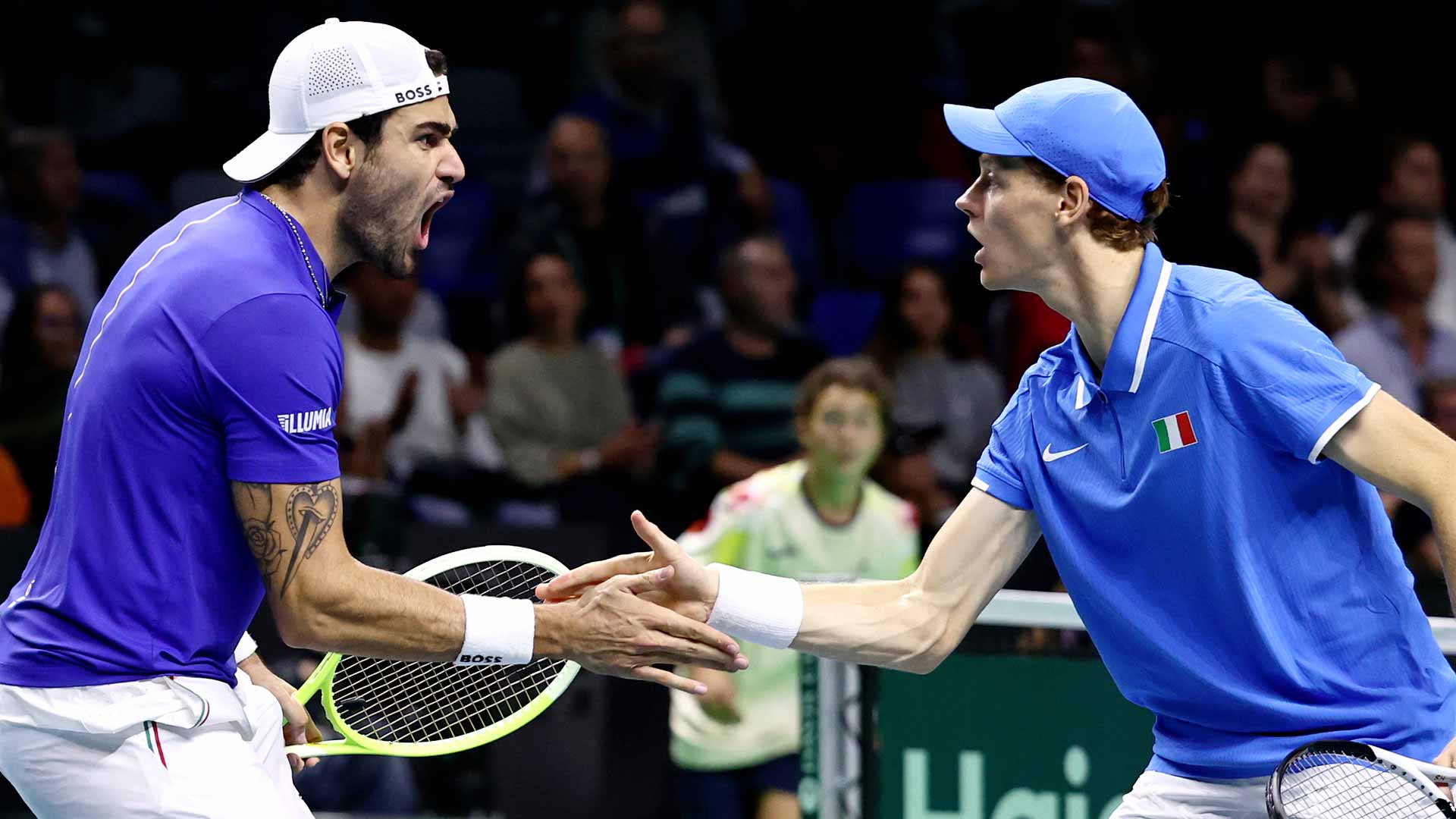Berrettini and Cobolli Deliver Italy Third Straight Davis Cup Triumph
Italy sealed a historic third consecutive Davis Cup title in Bologna as Matteo Berrettini and Flavio Cobolli delivered decisive singles wins, underscoring the nation’s depth and home court advantage. The victory carries weight beyond sport, signaling a generational shift in Italian tennis and reinforcing the commercial and cultural value of team competitions.

Italy clinched a remarkable third straight Davis Cup crown on Sunday in Bologna, with Matteo Berrettini and Flavio Cobolli securing singles victories that completed a 2 0 sweep of Spain. Berrettini opened the final by defeating Pablo Carreño Busta 6 3, 6 4, his heavy serve producing 13 aces and setting a dominant tone for the hosts. In the second rubber Flavio Cobolli completed a dramatic turnaround, rallying from an early 1 6 set to beat Jaume Munar 1 6, 7 6 7 5, 7 5 and converting match point to seal the trophy for Italy.
The triumph, achieved on November 23 in Bologna, gave Italy its fourth Davis Cup title overall and marked the first time a nation had won three consecutive Cups since the early post Challenge Round era. The feat is notable for its combination of established firepower and emerging talent. Berrettini provided veteran leadership and a power based game that remains difficult to counter in high stakes matches. Cobolli’s comeback under pressure illustrated the depth of a national program capable of producing clutch performances from younger players on the biggest stage.
Both teams entered the final missing marquee names, with Italy without Jannik Sinner and Spain without Carlos Alcaraz. Those absences highlighted two broader trends reshaping international tennis. First, the modern calendar and player load management have increased the value of national depth, elevating team competitions where a country can still succeed without its top one or two stars. Second, Italy’s ability to sustain elite results without Sinner points to effective talent development and a domestic pathway that is producing reliable performers beyond a single superstar.
Beyond the lines, the victory has cultural and economic implications. Hosting and winning the final in Bologna amplified the local spectacle, energizing fans and generating a visibility boost for Italian tennis at home. Such moments feed grassroots interest and youth participation, which in turn sustains funding and sponsorship appetites. For tournament organizers and broadcasters, sustained national success can translate into stronger TV ratings, corporate partnerships, and a more compelling narrative for staging future team events in Italy.
The result also reinforces the evolving prestige of the Davis Cup itself. Once a historic relic, the team format has reasserted its relevance by showcasing national rivalries and offering a contrasting spectacle to individual tour events. Italy’s three peaked run will likely be presented by stakeholders as proof that team tennis can still capture attention and deliver commercially attractive narratives.
In sporting terms the final showcased a balance between power and resilience. Berrettini’s serve and aggression earned early control, while Cobolli’s endurance and mental fortitude under pressure provided the decisive edge. For Italy the win closes another chapter of dominance and sets up expectations for continued investment in coaching, facilities, and youth programs. For Spain, it is a cue to reconfigure around the next tier of talent as both nations prepare for another crowded season on the ATP calendar.


